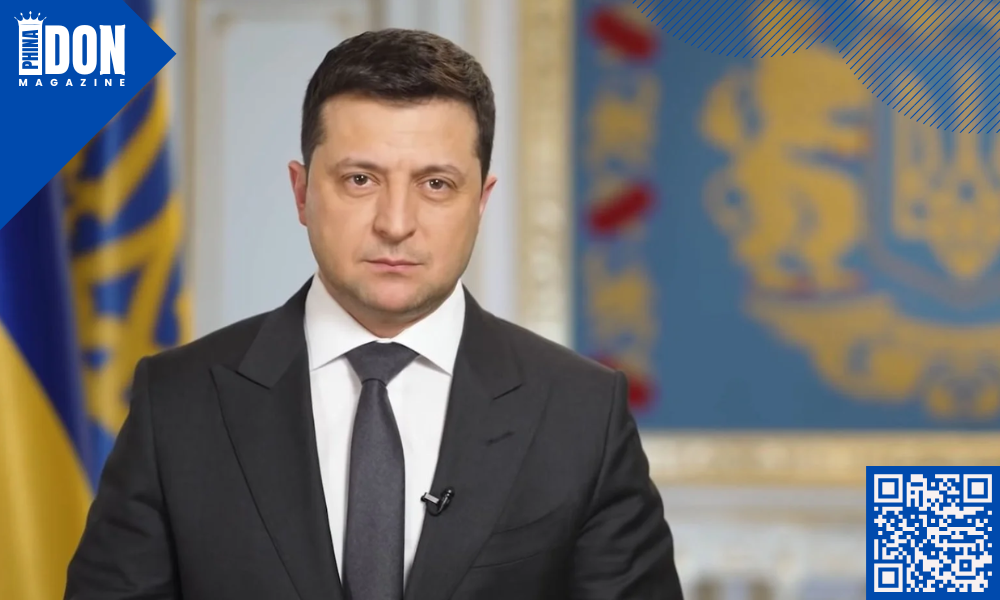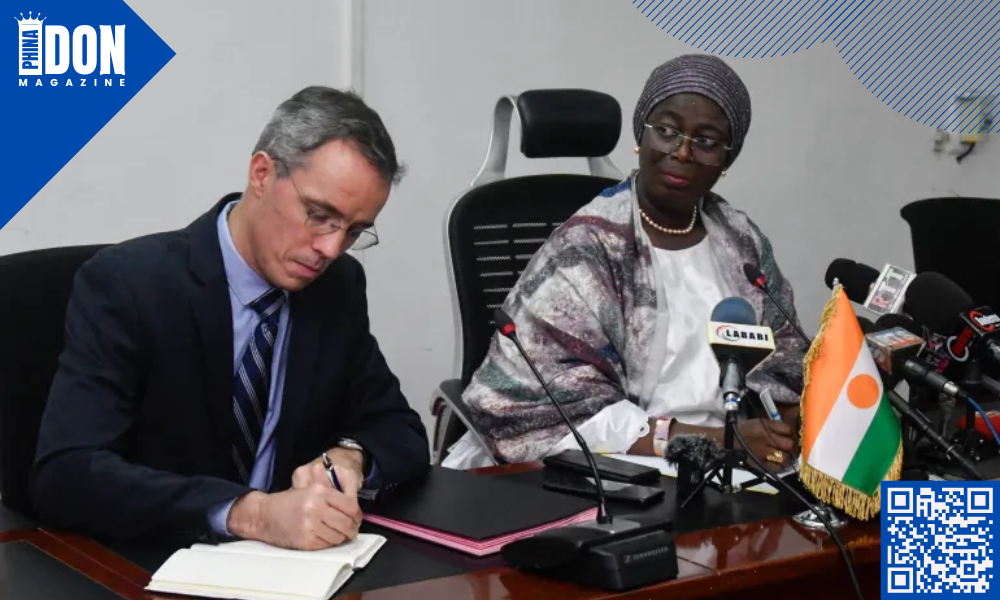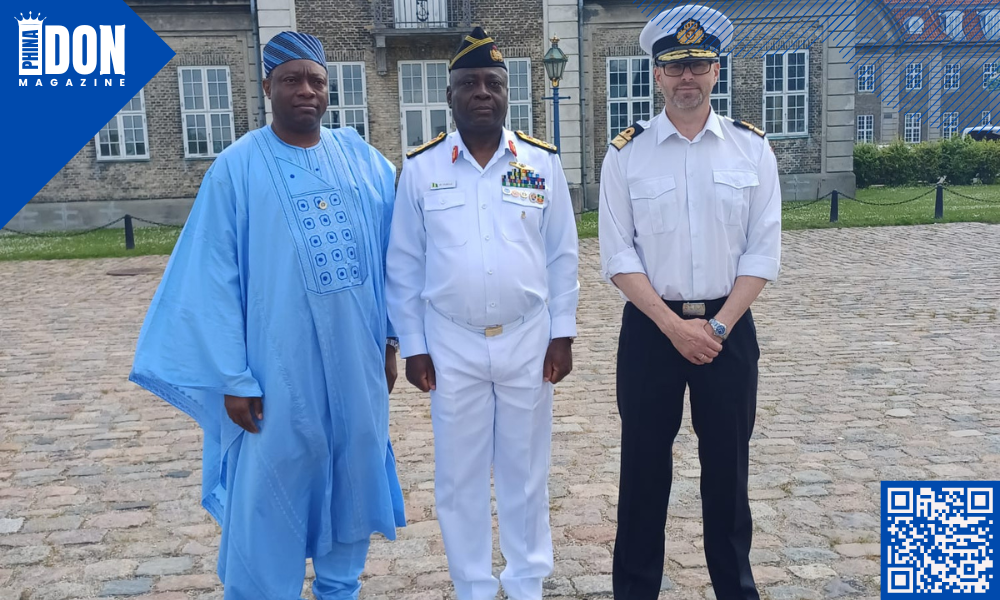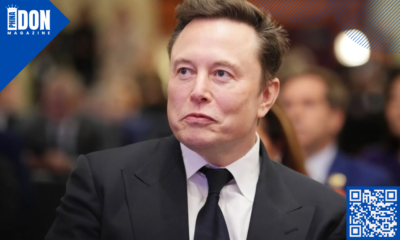Foreign
In 2025, Ukraine will take every possible measure to halt Russia, according to Zelensky’s pledge.

As the dawn of 2025 approaches, Ukrainian President Volodymyr Zelensky has made a resolute commitment to intensify efforts against the ongoing Russian invasion. In a poignant address delivered just before midnight in Kyiv, Zelensky emphasized that the upcoming year would be pivotal for Ukraine, underscoring the necessity of fighting for peace through all available means.
The past year has been particularly challenging for Ukraine, with the nation enduring significant territorial losses—seven times more than in 2023. This escalation in conflict comes at a time when uncertainties loom regarding the future of military and political support from the United States, especially with the impending transition to a new administration under President-elect Donald Trump. Trump has indicated a desire to resolve the conflict swiftly, raising concerns that Ukraine may be pressured to concede territory to Russia in exchange for peace.
In light of these challenges, Zelensky’s New Year address serves as both a rallying cry and a strategic imperative. He articulated a clear vision: “We know that peace will not be given to us as a gift but we will do everything to stop Russia and end the war.” This declaration reflects a steadfast determination to not only resist aggression but also to reclaim sovereignty over the territories lost.
The Ukrainian leader’s message resonates with the need for resilience and unity among Ukrainians as they face a better-resourced adversary. He called upon his fellow citizens to engage in a collective effort to strengthen Ukraine, emphasizing that every day in 2025 must be dedicated to this cause.
As the world watches, Ukraine stands at a crossroads, poised to fight for its future. The resolve expressed by President Zelensky is a testament to the indomitable spirit of the Ukrainian people, who continue to strive for a peaceful and prosperous nation amidst adversity.
Foreign
Niger to Nationalize Uranium Mine Amidst Shifting Alliances.

Niger has announced plans to nationalize the Somair uranium mine, currently operated by French nuclear firm Orano. This decision marks a further departure from France, Niger’s former colonial power, and a potential realignment with Russia. The military government, in power since a 2023 coup, accuses Orano of unfairly benefiting from the mine’s output since its launch in 1971. Orano, which holds a 63% stake in Somair, disputes the allegations and has threatened legal action, citing a “systematic policy of stripping mining assets.” This move follows Niger’s earlier removal of Orano’s operational control over key mines in the country. The nationalization reflects a broader trend in West Africa, with Mali and Burkina Faso also pursuing similar policies under military rule. The situation is further complicated by existing arbitration processes between Orano and Niger, including a recent lawsuit filed by Orano.
Foreign
Nigeria’s Chief Of Naval Staff Working Visit To Denmark.

On Monday 16 June 2025, the Nigeria Chief of the Naval Staff (CNS), Vice Admiral Emmanuel Ikechukwu Ogalla (Admiralty Medal) commenced a 3-day working visit to Denmark. The working visit which is at the instance of the Danish Navy aims to strengthen cooperation between both navies.
The visit saw the CNS take a short boat trip with the Admiral of the Danish Navy, Rear Admiral Søren Kjeldsen. In the company of the CNS was Ambassador T. A. Elias-Fatile, CDAai/Head of Mission, Embassy of Nigeria, in Sweden and the Nordic countries, the Navy Secretary, Rear Admiral Patrick Nwatu and Nigeria’s Defence Adviser to London, Brigadier General Manu.
Other engagements on the first day of the working visit was a meeting with the CEO of Blue Denmark and a discussion session with the Denmark Ministry of Defence’s Centre for Security and Operations.
Below are some pictures that was taken :


Foreign
Silento Sentenced to 30 Years for Murder.

Atlanta-based rapper Silento, known for his viral hit “Watch Me (Whip/Nae Nae),” has been sentenced to 30 years in prison after pleading guilty to charges of aggravated assault and possession of a firearm. The sentencing follows his confession to fatally shooting his cousin, Frederick Rooks III, in January 2021.
DeKalb County Police discovered Rooks with multiple gunshot wounds. Investigations revealed that Silento and Rooks were last seen together in a white BMW SUV, which was later captured on security footage fleeing the scene after the shooting.
Prior to the incident, Silento’s PR manager, Chanel Hudson, stated that the rapper had been struggling with mental health issues for several years. In 2020, he was also charged with assault for allegedly attacking two people with a hatchet. Silento himself acknowledged his struggles with mental health in a 2019 interview, stating, “I have been fighting demons my whole life.”
-

 Business13 hours ago
Business13 hours agoTCOA Workshop 2025 Promises with “Trade Secrets Revealed” Training Program.
-

 News14 hours ago
News14 hours agoKogi Community illegal Coal Mining Sparks Alarm.
-

 Birthday Shoutout3 hours ago
Birthday Shoutout3 hours agoA Heartfelt Birthday Message to Mr. David.
-

 News14 hours ago
News14 hours agoThe U.S. Embassy has begun reviewing the social media profiles of Nigerian students.







